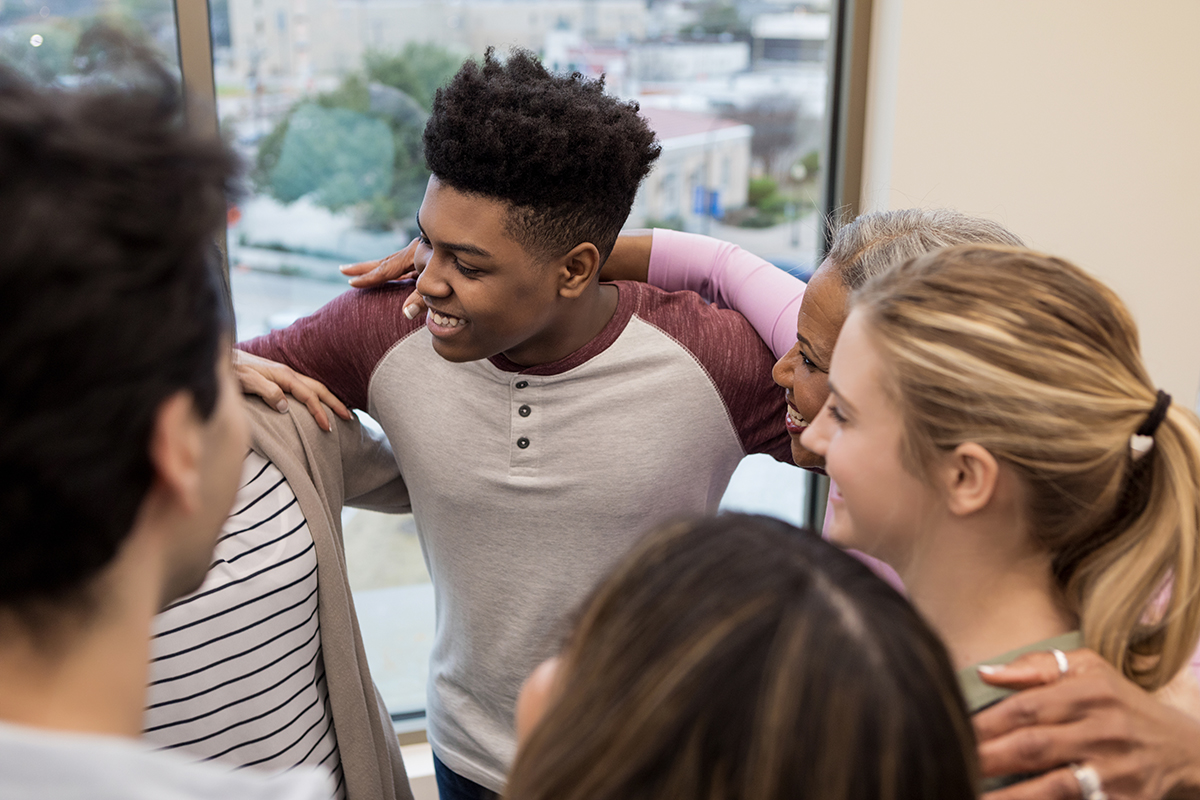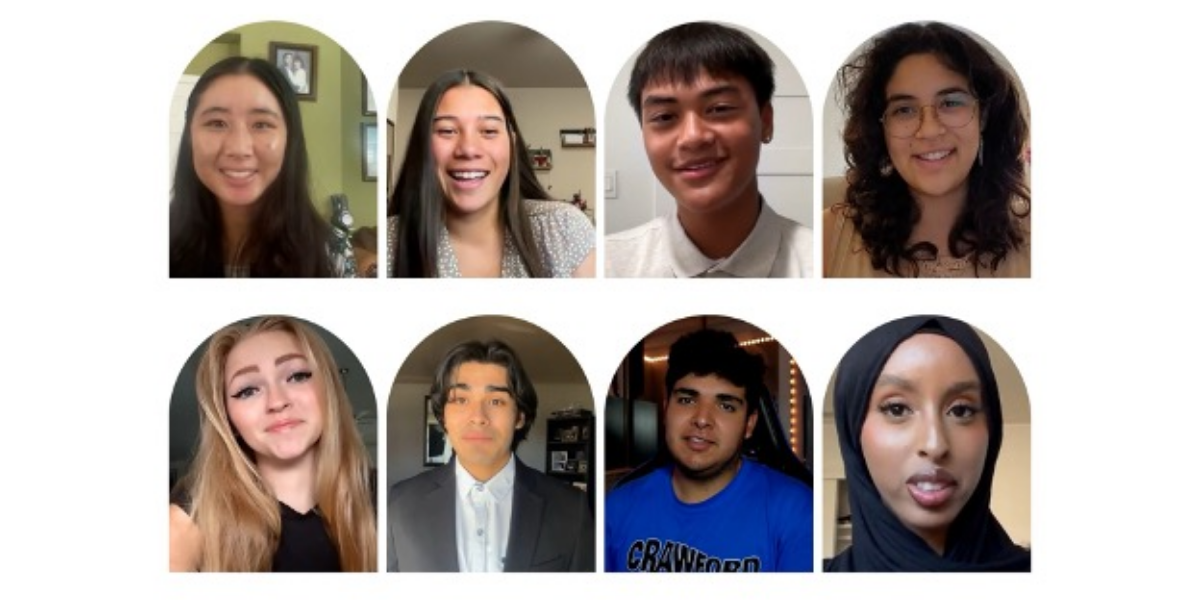Social-emotional learning (SEL), also referred to as “soft skills,” is important for every student to be successful. At its core, it plants the seeds for students to excel academically, fosters healthy relationships with others, and gives students the skills to become more empathetic and understanding citizens. SEL is a powerful catalyst that contributes to a student’s school success and college readiness.
Defining Social-Emotional Learning
As shared in an earlier published SEL article, social-emotional learning is “the process through which all young people acquire and apply the knowledge, skills and attitudes to develop healthy identities, manage emotions and achieve personal and collective goals.” Additionally, SEL helps children “feel and show empathy for others, establish and maintain supportive relationships, and make responsible and caring decisions.”
Trusting partnerships between school, family and the communities they share enhance the development of SEL, and this collaboration can nurture knowledge, skills and positive attitudes.
Preparing Students for College
A solid foundation in social-emotional learning has been shown to help students find success in their quest for a degree. Many students often struggle with post-high school coursework, whether they’re in a 2-year or 4-year college program or a trade school. This is often due to a lack of the social and emotional skills needed to thrive in a higher education setting. While academic readiness is certainly important, missing out on critical SEL can contribute to a lack of preparedness for college and future career paths.
In an article published by The Hechinger Report, a nonprofit news outlet dedicated to education, Laura Jimenez, the director of an American Institutes for Research explained the importance of SEL for college readiness.
“We know a ton about what it takes for kids to be college eligible, like the level of knowledge you need to do well in a college course,” said Jimenez. “What that knowledge can’t tell you is if your class is at eight in the morning, are you going to be able to get up and get to class? Are you going to seek help when you need it? That’s where the social-and-emotional-learning conversation is starting to take off—there are plenty of kids who are eligible but not ready.”
For decades, math and reading test scores have predicted how successful a student might be in college, but educators are now taking a closer look at how social and emotional development is contributing to college success. According to The Hechinger Report, 10 urban districts in California formed the CORE (California Office to Reform Education) collaborative to design a system to make schools answerable for reporting school progress across multiple academic and non-academic indicators, including improving students’ social and emotional skills.
This emphasis on SEL in secondary schools is having a positive impact on student success at the college level – especially for Black or Hispanic students attending mostly white, affluent universities. The skills students receive through SEL encourages them to try new challenges, manage time, persist through roadblocks and take advantage of learning resources on campus to stay ahead.
SEL and the Job Market
It’s important to note that social and emotional skills aren’t just necessary for college readiness – they’re in demand in the workforce as well. According to a study published by CASEL, “The gap between the social and emotional skills needed and current capacity of employees in the workforce as noted by employers, demonstrates the importance of aligning the social and emotional skills young people develop in pre-K-12 in schools and extended learning programs through explicit and embedded SEL programs and practices to employable skills needed in the workplace.”
What were previously known as “baseline skills” or “soft skills” are now the most difficult to find in potential employees – strengthening the notion that SEL is important for college readiness and what comes after college graduation.
Local Assistance Under Way
The San Diego Foundation has supported social-emotional learning through its Level Up SD partnership with San Diego Unified School District, which launched in summer 2021 and supported programming that helped students reacclimate to traditional school after a year of distance learning.
The Foundation also supports social-emotional learning and college access through its Community Scholars Initiative, a partnership with local nonprofit programs that help low-income and first-generation students prepare for, pay for and persist through college. Learn more about the Community Scholars Initiative.




